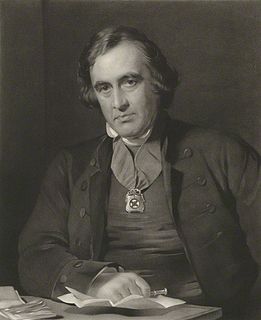A Quote by Robert A. Heinlein
Sin lies only in hurting others unnecessarily. All other "sins" are invented nonsense.
Related Quotes
Little sins carry with them but little temptations to sin, and then a man shews most viciousness and unkindness, when he sins on a little temptation. It is devilish to sin without a temptation; it is little less than devilish to sin on a little occasion. The less the temptation is to sin, the greater is that sin.
Sin is not only manifested in certain acts that are forbidden by divine command. Sin also appears in attitudes and dispositions and feelings. Lust and hate are sins as well as adultery and murder. And, in the traditional Christian view, despair and chronic boredom - unaccompanied by any vicious act - are serious sins. They are expressions of man's separation from God, as the ultimate good, meaning, and end of human existence.
We are saved from nothing if we are not saved from sin. Little sins are pioneers of hell. The backslider begins with what he foolishly considers trifling with little sins. There are no little sins. There was a time when all the evil that has existed in the world was comprehended in one sinful thought of our first parent; and all the now evil is the numerous and horrid progeny of one little sin.
Lies 1: There is only the present and nothing to remember. Lies 2: Time is a straight line. Lies 3: The difference between the past and the futures is that one has happened while the other has not. Lies 4: We can only be in one place at a time. Lies 5: Any proposition that contains the word 'finite' (the world, the universe, experience, ourselves...) Lies 6: Reality as something which can be agreed upon. Lies 7: Reality is truth.
They are longing for a war with Iran. Iran is no more a harm to us than was Iraq or Afghanistan. They invented an enemy, they tell lies, lies, lies. The New York Times goes along with their lies, lies, lies. And they don't stop. When the public that's lied to 30 times a day it's apt to believe the lies, is not it?
He told people that their sins were forgiven, and never waited to consult all the other people whom their sins had undoubtedly injured. He unhesitatingly behaved as if He was the party chiefly concerned, the person chiefly offended in all offenses. This makes sense only if He really was God whose laws are broken and whose love is wounded in every sin.





































